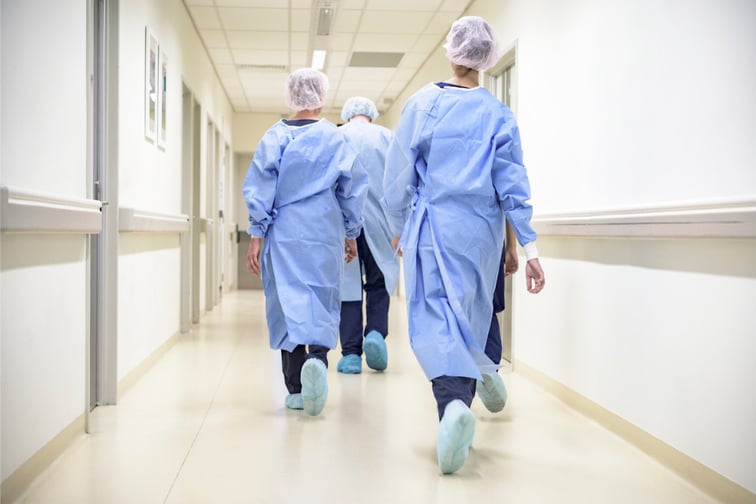

The state government estimated that the cost of providing automatic compensation to essential workers for COVID-19 infection is $638 million. However, University of New South Wales (NSW) professor of economics Richard Holden estimated that it should be $315 million, less than half of the government's presumption.
According to a Sydney Morning Herald report, Prof Holden's estimate was included in public policy organisation McKell Institute's submission to an NSW parliamentary inquiry into the government's decision to scrap section 19B of the Workers Compensation Act.
A report in the inquiry surveyed 889 people and found that 787 of the respondents opposed the government's repeal decision. It estimated 12,344 – rather than 25,000 – workers’ compensation claims this year, based on a 95% vaccination rate. Meanwhile, the government's figures were based on an 80% vaccination rate.
As a result, Labour's industrial relations spokesperson Sophie Cotsis advised the state government to update its modelling on the costs of COVID-19-related claims, adding: “It is deeply concerning the government is shifting the onus of proof on healthcare workers claiming compensation for contracting COVID at work.”
The government introduced the Workers Compensation Act in 2021 to provide automatic compensation to essential workers who contracted COVID-19 at work. With the repeal, essential workers in the health, hospitality, transport, retail, education, construction, disability, and aged care now need to prove that they got infected at work rather than in shops or their community.
Considering the report's results and Prof Holden's estimate, the submission has called for the government to rethink its repeal decision until the modelling used to inform its decision is publicised and carefully reviewed.
A registered nurse who responded to the report argued that they cannot prove the source of a COVID-19 infection without breaking patient confidentiality.
“I should not have to prove where I got an infection as a healthcare worker to be covered by insurance,” the nurse said, as reported by the Sydney Morning Herald. “Our job is hard enough, and our pay low enough. We should not have to wear this ... so insurers can make more money for less risk.”
